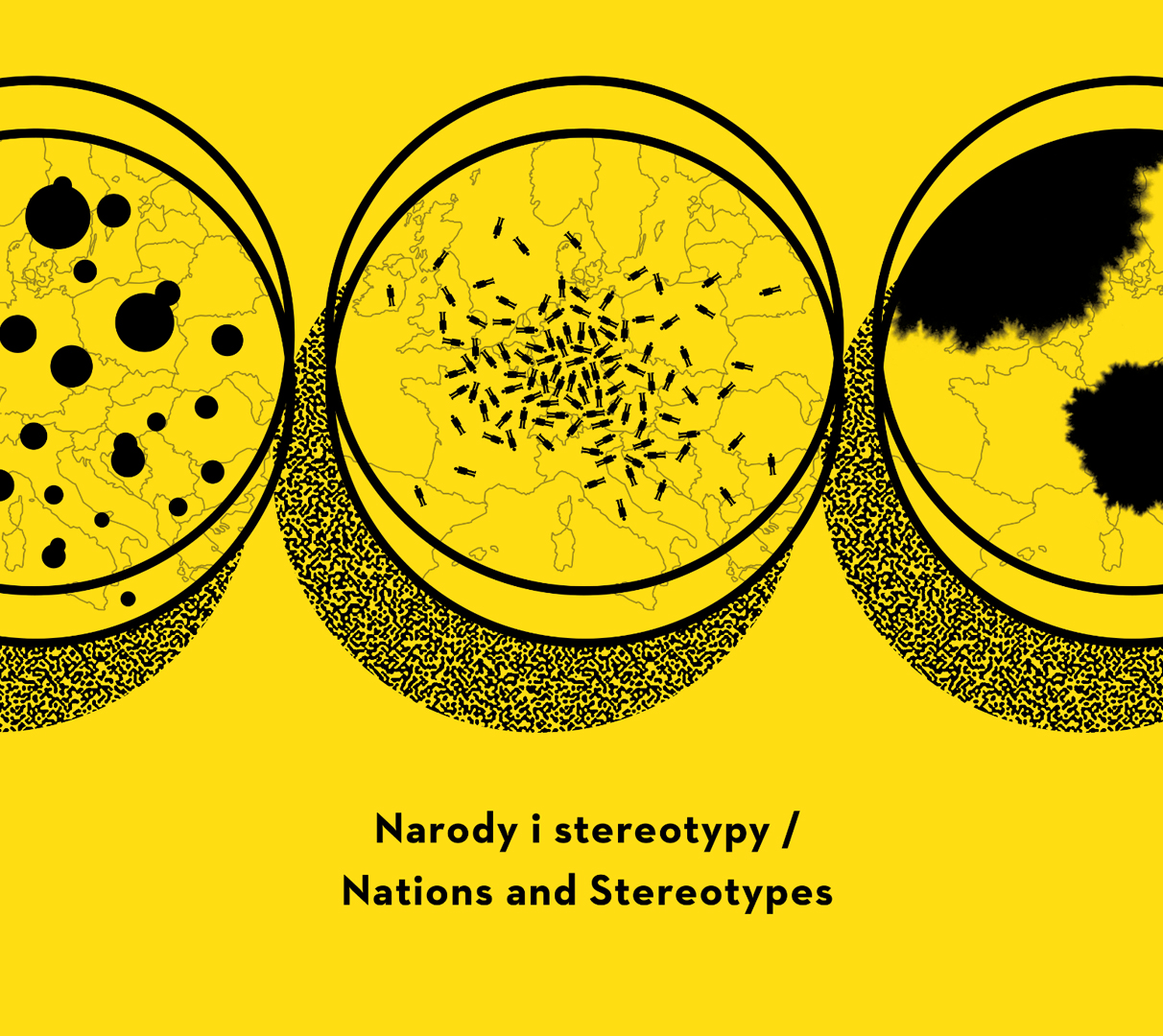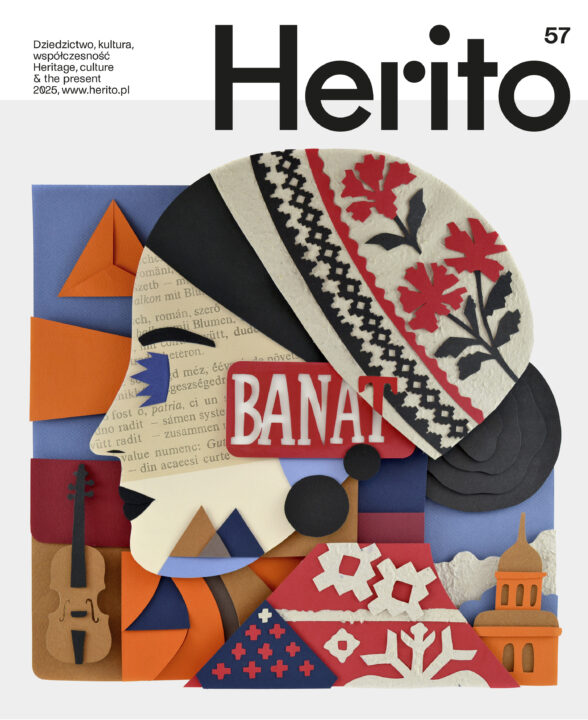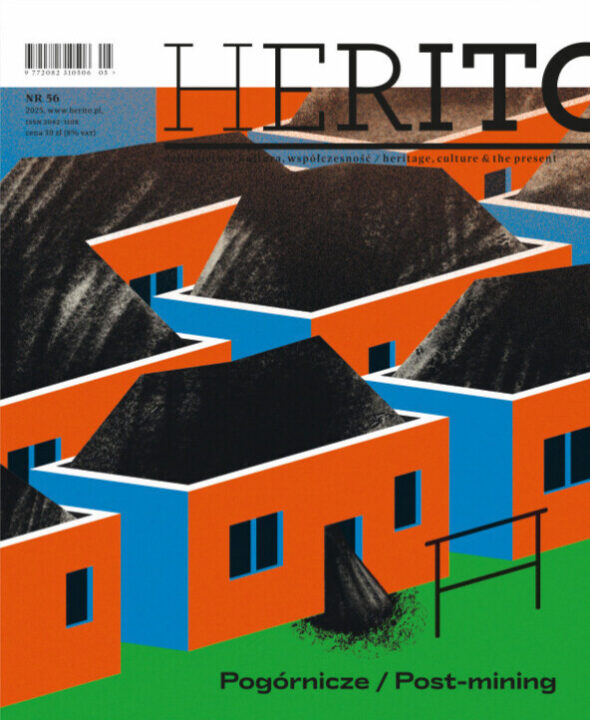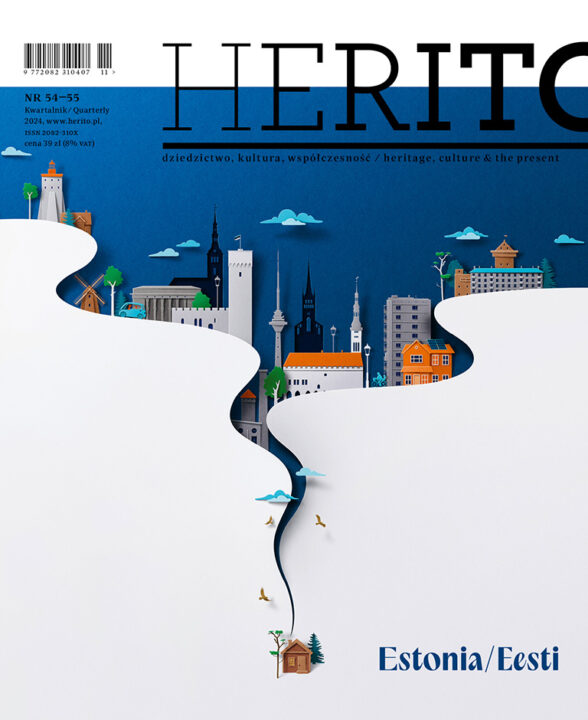Nations and Stereotypes
History teaches us that international relations are strongly contingent on our representations of others. Even if the beliefs we live by do not find corroboration in reality, we are reluctant to discard stereotypes or prejudice, which Ambrose Bierce called “a vagrant opinion without visible means of support”.Thinking of stereotypes is deeply vested in culture, history, and collective memory. It reflects more than real, ancient or recent conflicts, yet it cannot be disconnected from them entirely. After all, stereotypes are born from tension and rivalry, frustration and aggression.
Gordon Allport was right to note that stereotyping is “the law of least effort”. It provides relief from reflecting on what the world is really like, even if it does result in harmful simplifications. This is especially true for national stereotypes, which, once formed, seem impervious to revision or modification. The most efficient means for changing them can in fact be the political situation. We need not seek far and wide; this is happening before our very eyes. Today, Poland and Germany are connected by friendly relations, and moreover Germany is among Israel’s greatest friends in Europe, while it is the tie between Ukraine and Russia that is undergoing the toughest test.
Nothing, therefore, is granted once and for all. Even stereotypes are not set in stone.
Copyright © Herito 2020






